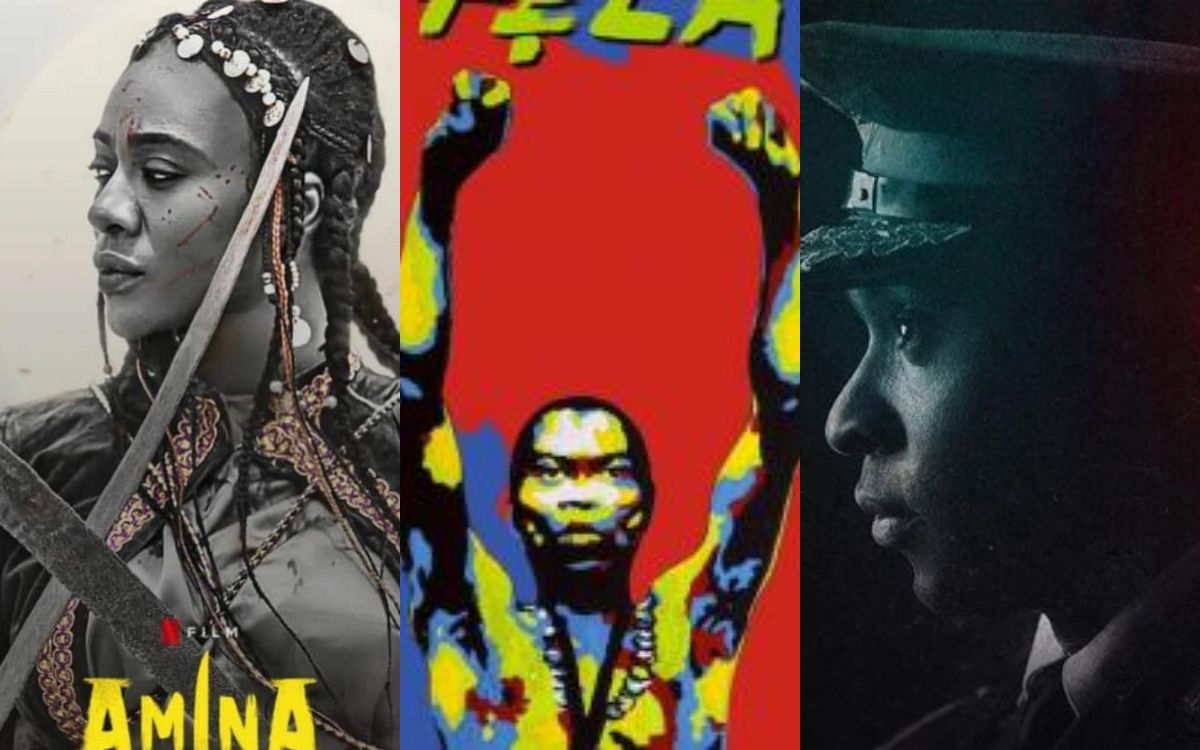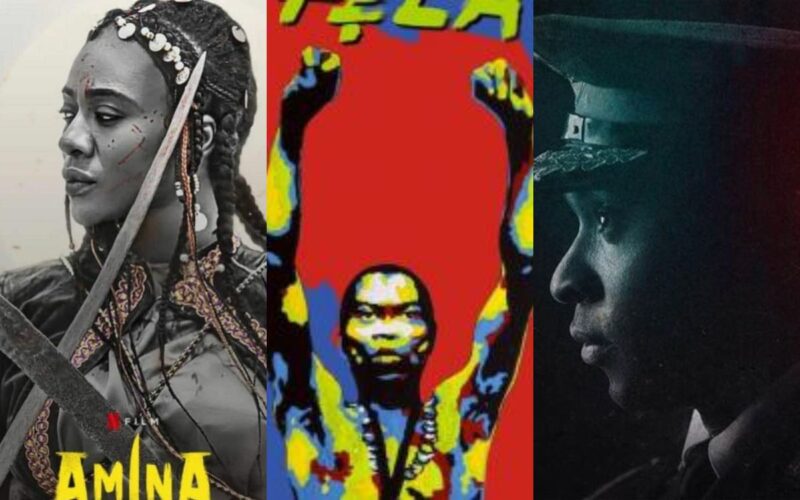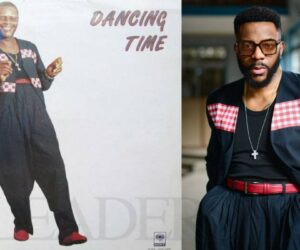
Biopics are films inspired by real people and events. They are stories that turn history into something you can understand, relate to, or feel. While Hollywood has made a tradition of them, Nollywood is taking active steps and has also been telling remarkable true stories about national heroes, cultural legends and political figures. These films do more than entertain; they preserve the memory of those who shaped the country’s identity.
Here are seven biopics that capture Nigeria’s most iconic stories on screen.
1. Finding Fela (2014)
Directed by Alex Gibney, Finding Fela dives into the life and music of Afrobeat pioneer Fela Kuti. The documentary blends rare footage, interviews, and scenes from the Broadway musical Fela! to paint a vivid portrait of a man who fused rhythm with rebellion. Beyond music, it explores Fela’s fearless political activism and the social context that shaped his art. The film gives viewers an intimate look at how one musician’s vision became a cultural revolution, influencing both Nigeria and the world.
2. 93 Days (2016)
Directed by Steve Gukas, 93 Days tells the story of Nigeria’s fight against the 2014 Ebola outbreak and the brave doctors and nurses who stopped it from spreading. Centred on Dr Ameyo Adadevoh, played by Bimbo Akintola, the film portrays the tense hours that could have changed the course of a continent. It’s not just a thriller; it’s a tribute to ordinary people performing extraordinary acts. The movie also highlights the strength of Nigeria’s healthcare system under pressure, reminding viewers of how courage and dedication can save lives.
3. Funmilayo Ransome-Kuti (2024)
This biopic celebrates the life of Funmilayo Ransome-Kuti, activist, educator, and mother of Fela Kuti. Directed by Bolanle Austen-Peters, the film charts her journey from the first female student at Abeokuta Grammar School to a fearless leader of the Abeokuta Women’s Union. Flashbacks narrated by Joke Silva show her resistance against colonial rule and societal patriarchy. Beyond historical events, the film highlights the personal sacrifices Funmilayo made to fight for women’s rights and justice, making her story both inspiring and timeless.
4. The Herbert Macaulay Affair (2019)
Imoh Umoren’s historical drama centres on Herbert Macaulay, Nigeria’s pioneering nationalist. Set in 1920s Lagos during the bubonic plague, the film follows Macaulay as he evolves from a colonial surveyor to a bold activist. Through protests, newspaper articles, and political manoeuvring, the story portrays how one man’s determination can motivate a population toward freedom. By blending personal and national narratives, the film introduces audiences to the early foundations of Nigerian independence in a way that’s engaging and accessible.
Read Also: AFRIFF 2025 Winners: Full List of Awardees From the African International Film Festival
5. Amina (2021)
Queen Amina tells the story of the legendary 16th-century warrior queen of Zazzau (Now Zaria). Directed by Izu Ojukwu and streaming on Netflix, it follows Amina’s journey from a young girl determined to join the army to a powerful ruler challenging gender norms. Her story is both inspirational and action-packed, showcasing leadership, courage, and ambition long before modern feminism. The film’s epic visuals and rich storytelling make it an accessible entry point for anyone curious about Nigeria’s pre-colonial history and its remarkable leaders.
6. Ayinla (2021)
Directed by Tunde Kelani, Ayinla chronicles the life of Apala music legend Ayinla Omowura. Lateef Adedimeji portrays Ayinla, a talented but volatile performer whose career ended tragically. Set in 1970s Abeokuta, the film highlights Yoruba music culture and the societal pressures that shaped Ayinla’s life. Beyond the story of a musician, it’s a snapshot of Nigerian urban life, the music industry, and the conflicts between personal desires and professional expectations, all delivered with energy, rhythm, and emotion.
7. Badamasi: Portrait of a General (2021)
Obi Emelonye’s Badamasi is Nigeria’s first political biopic, telling the story of former military leader Ibrahim Babangida. Starring Enyinna Nwigwe, the film traces his life from humble beginnings in Wushishi to the Nigerian civil war and the controversial annulled 1993 elections. It contextualises Nigeria’s political landscape and shows how Babangida’s decisions shaped the country’s modern trajectory. While focused on a single figure, it doubles as a lesson in Nigerian history, offering viewers insight into complex national events through personal storytelling.








